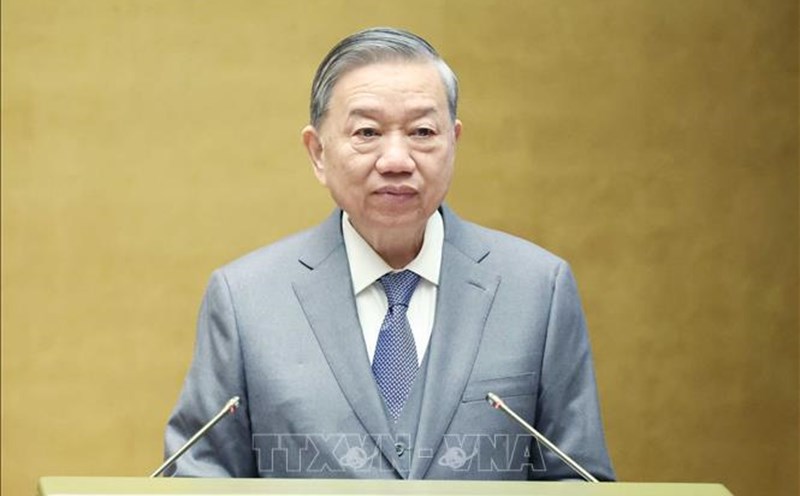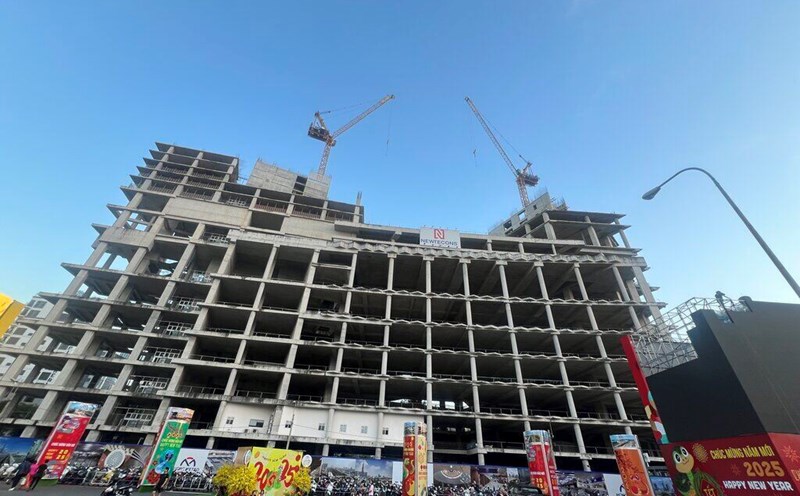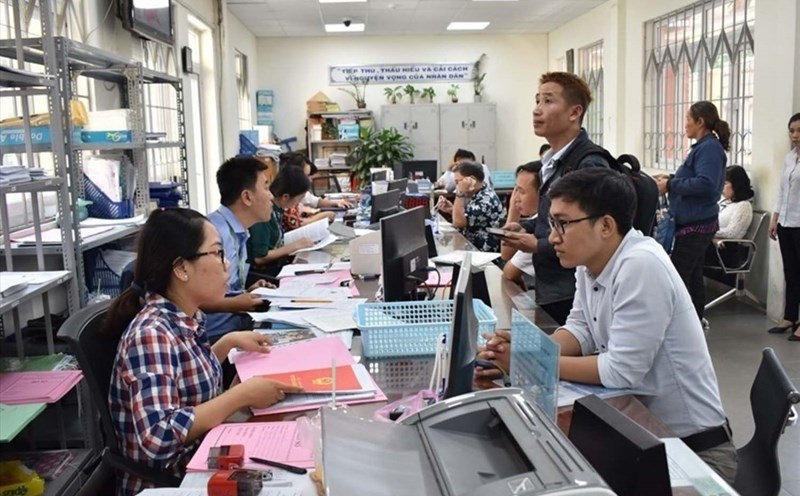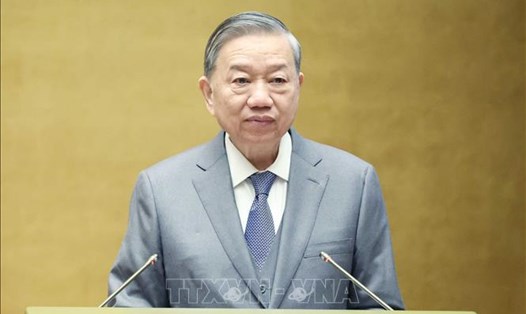Writing on the Open Gov Asia website on February 4, writer Samaya Dharmaraj commented that entering 2025, Vietnam is facing an important moment to make a breakthrough in economic development and enhance global competitiveness.
The author said that according to the latest report on Vietnam's macroeconomic situation in 2024, announced at a conference organized by the Central Institute for Economic Management (CIEM), Vietnam's economy has had a strong recovery. GDP increased by 7.09% in 2024, inflation was controlled at 3.63%, lower than the National Assembly's target. Foreign direct investment reached 25.35 billion USD, remittances were estimated at about 16 billion USD.
Despite many positive results, Vietnam will face new challenges in 2025, creating “positive pressure” to promote economic reforms.
According to Ms. Tran Thi Hong Minh, Director of CIEM, rapid advances in science and technology are changing the global industry and labor market. As human labor is gradually replaced, Vietnam cannot only focus on stabilizing the macro-economy and society but must proactively seize opportunities from these changes to maintain competitiveness.
Southeast Asia, including Vietnam, has strong growth potential if economic reforms are timely. To do so, Vietnam needs to upgrade its economic institutions and improve the capacity of its businesses and workforce to adapt to the rapidly changing global economy.
The Vietnamese government has proactively encouraged innovation through policies such as Resolution No. 57-NQ/TW, focusing on science and technology and national digital transformation. These efforts have created momentum for the scientific community and a favorable environment for investment.
Thanks to its policies to attract new technologies, Vietnam has attracted many leading investors. However, there is still room for policy improvement to promote innovation, especially in the areas of digital economy, circular economy and creative economy.
Mr. Nguyen Anh Duong, Head of the Department of General Studies and International Economic Integration of CIEM, emphasized that Vietnam's economic growth is closely linked to the global market. Effectively implementing signed free trade agreements and expanding negotiations with new partners will help Vietnam attract more investment and strengthen international economic integration.
Despite its progress in the global value chain, Vietnam still faces challenges in maximizing its integration benefits. Domestic enterprises are striving to innovate and apply technology to maintain competitiveness.
One of the big hurdles ahead is the global trend of sustainable development. As international markets increasingly demand environmentally friendly products and sustainable production processes, Vietnamese businesses must quickly adapt.
Writer Samaya Dharmaraj points out that Vietnam is at a critical juncture, where the opportunities and challenges of 2025 will shape the country’s economic future. Continuing to promote innovation, increasing integration into the global value chain and implementing drastic reforms will help Vietnam tap into new growth drivers and consolidate its position on the world economic map.
The transformative potential of these initiatives is enormous. If harnessed effectively, innovation could become the key to Vietnam’s sustainable economic success and assert its important role for decades to come.











